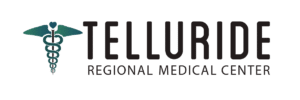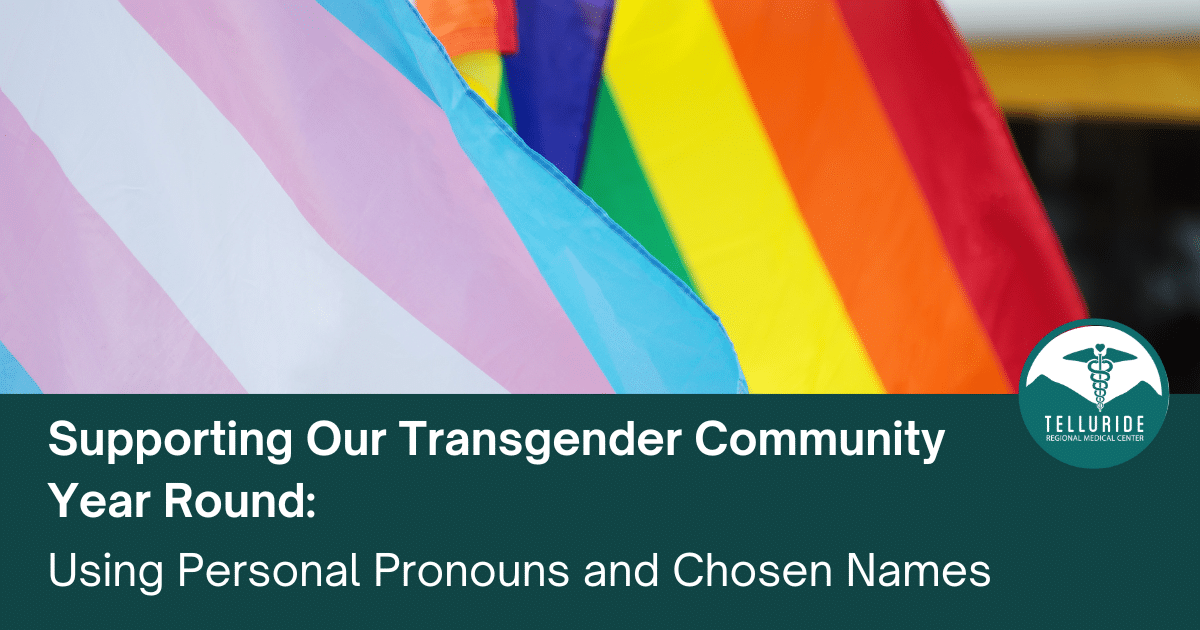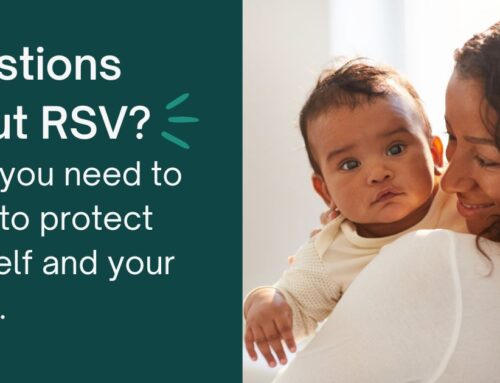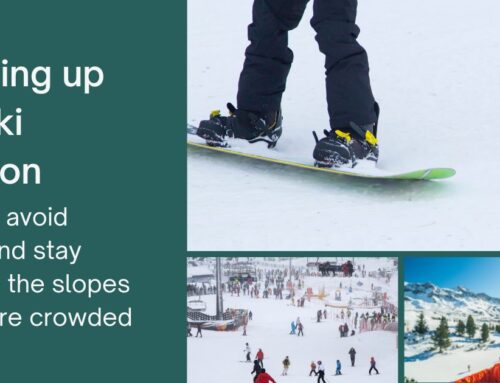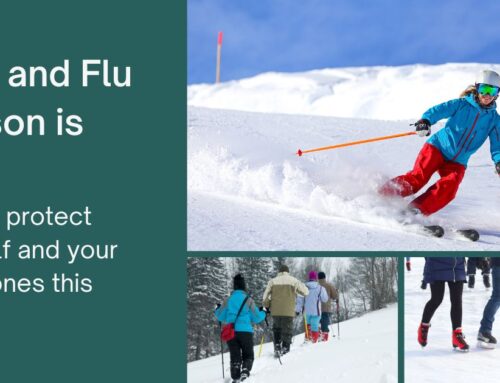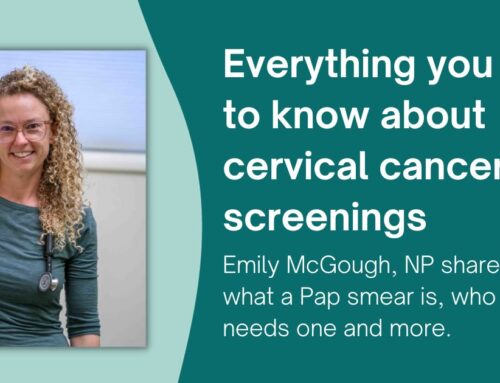By Lindsay Wright, LMFT, Behavioral Health Counselor at the Telluride Regional Medical Center.
People around the world just celebrated Pride Month, but it is important to remember that our transgender community members need our support year round, not just during June. One simple way we can do that is by using an individual’s chosen name and personal pronouns.
First, a grammar refresher:
What are pronouns? Per the Merriman-Webster Dictionary, pronouns are defined as : 1) any of a small set of words (such as I, she, he, you, it, we, or they) in a language that are used as substitutes for nouns or noun phrases, and whose referents are named or understood in the context 2) pronouns plural : the third person personal pronouns (such as he/him, she/her, and they/them) that a person goes by.
What is a chosen name? A chosen name refers to a name that is different from a person’s legal name or the name that the person was given at birth. Language is always evolving, so the phrase preferred name or current name is sometimes used in place of chosen name.
Why are using a person’s correct pronouns and name important? Words matter. By using someone’s personal pronouns and chosen name, we are acknowledging an important aspect of their identity and conveying respect. Research published in the Journal of Adolescent Health indicates that by using the chosen name of transgender adolescents the rates of depression, suicidal ideation, and suicidal behavior decreased. That’s powerful stuff! Just by using a person’s names and pronouns we can show our support for folks to be who they are and help to reduce stigma and potential mental health concerns.
What if I don’t know someone’s pronouns? The way I most prefer to begin this conversation is by introducing myself and my own pronouns by saying “Hi, I’m Lindsay, I use she/her pronouns. What is your name and pronouns?” Ideally, this conversation would occur in a one-on-one context, or within a small group, when you are first meeting someone. A statement such as this can help to establish that you respect the other person’s identity and provides an invitation for someone to share their pronouns with you. If someone does not respond with their pronouns, respect that they may not be willing to have this conversation with you at this time.
What if I make a mistake? We are all human, and we all make mistakes. When you make a mistake with someone’s name or pronouns, it is important to correct your mistake using their correct pronoun and then move along.
While pronouns are a good place to start, they are the tip of the iceberg for providing affirmation to transgender folks! If you would like to know more about how to support the transgender community or would like support in exploring your own gender identity, please reach out to myself or your primary care provider. I can be reached by calling the Telluride Medical Center at 970-728-3848, or if you are patient of Telluride Medical Center, by messaging me through the Telluride Medical Center portal. If you are experiencing a mental health crisis, please reach out to Colorado Crisis Line at 844-493-8255. Be well.
